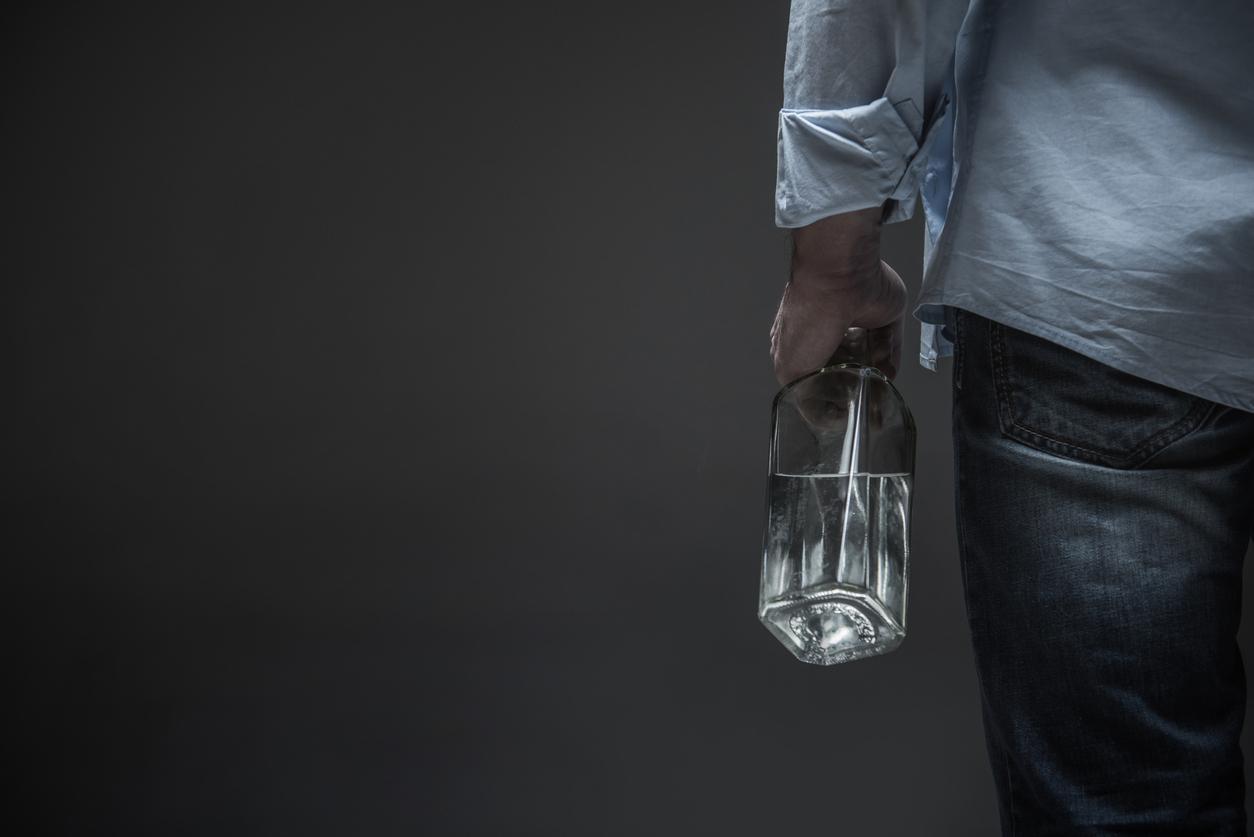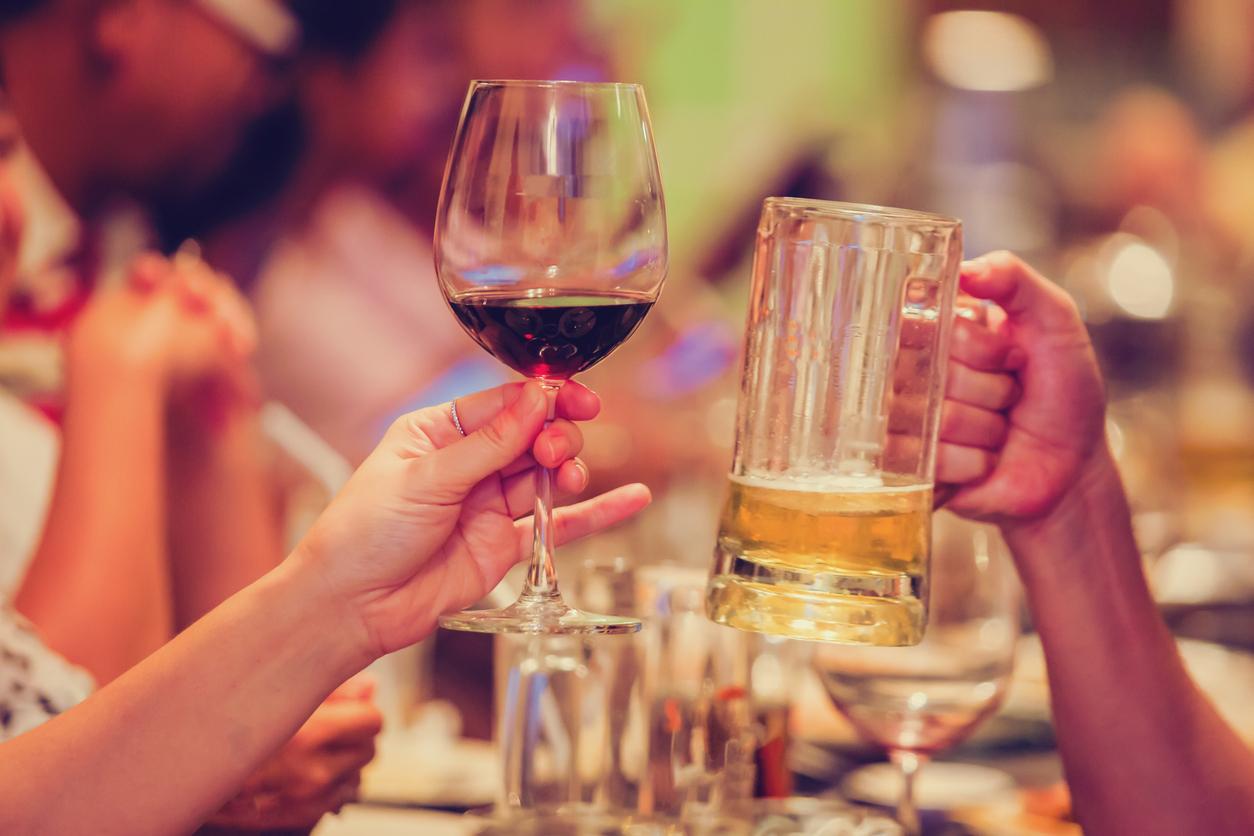Dutch researchers have investigated the effectiveness of internet therapies for alcoholics. According to them, they can be a useful first step in the treatment of addiction.

Alcohol consumption in France has been steadily decreasing for 50 years, but alcoholism remains a widespread disease: approximately 10% of adults have problems with alcohol. Few sufferers consult for their addiction. Dutch scientists have investigated the usefulness of online therapies in such cases and found that they reduce alcohol consumption and would be beneficial for most people. The results of this research have been published in PLOS Medicine.
Similar therapies
According to Public Health France, alcohol consumption is said to be at risk when it reaches or exceeds 10 doses per week, without exceeding 2 standard drinks per day. When a person has consumption disorders or excessive consumption, several methods can be used to treat them, such as short-term interventions on alcohol consumption. It is one or more sessions in health establishments where people follow cognitive therapies, learn rules of “self-control”, etc.
They have been deemed effective but are still not widely used: few doctors prescribe them and when they are, many patients do not follow them. Conversely, online therapies are more likely to be followed by patients, as they are less embarrassing for them and less a source of stigma. In principle, they work exactly like the therapies carried out in health establishments.
A reduction in weekly consumption
Researchers at VU University in Amsterdam analyzed data from 14,198 patients, who participated in previous studies on alcohol addiction. They found that internet therapies were effective in reducing the weekly alcohol consumption of these individuals. On average, it went from 381 grams of ethanol to 329 grams.
At the end of therapy, more of them were able to achieve and maintain low-risk drinking, compared to the control group. Internet therapies are effective regardless of the type of patient: average, heavy drinker or occasional heavy drinker. People over 55 were more receptive than younger people to this type of follow-up. In men, the reduction in weekly consumption was 20 grams greater than in women.
For scientists, this type of medical follow-up can be a first step in the treatment of addiction, in some cases, “physical” therapy can then be prescribed depending on the severity of the addiction. According to the world health organization3.3 million people die each year worldwide from the harmful use of alcohol.

.















